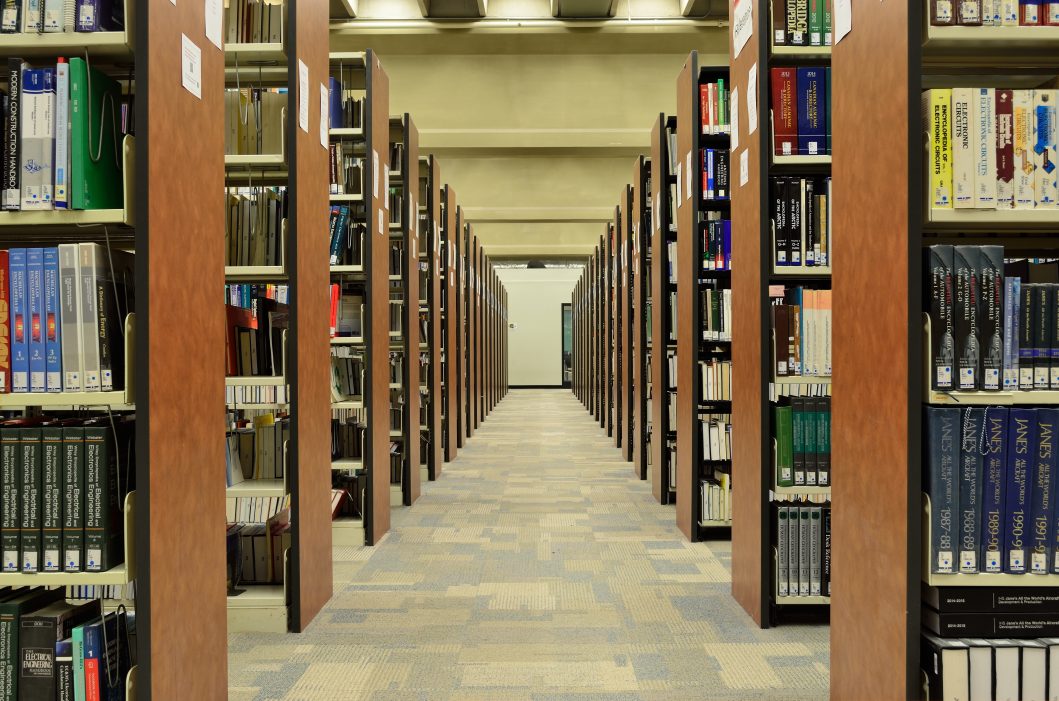As the World Intellectual Property Organization (WIPO) held the 39th session of its Standing Committee on Copyright and Related Rights (SCCR), Luke Alcott spoke on behalf of the International Authors Forum (IAF) to give authors’ view on Public Lending Right after it was raised by the delegation of Sierra Leone:
I would like to give my thanks to the delegation of Sierra Leone for raising this very important subject.
The International Authors Forum, through its member organisations, represents over 700,000 authors around the world. Public Lending Right is incredibly important to authors. We strongly support the call for a study on Public Lending Right.
The IAF wholeheartedly supports remuneration measures such as Public Lending Right and Artist’s Resale Right. Fairly rewarding authors ensures they can keep creating and helps to maintain indigenous arts, literature, language and culture.
Public Lending Right is a positive mechanism that provides recognition for authors for the loans of their books from libraries. Public Lending Right is greatly valuable to authors both as a connection to ongoing readers, enhancing literacy as well as the seed of the authors’ next creation. It can be a valuable way for governments to support authors writing in local languages. It is a means to reward authors for the contribution they make to a vital public good, the availability of culture in public libraries.
At the recent Public Lending Right International Conference in London and at the side event on PLR held at WIPO during the last SCCR we had opportunities to hear about the successes of PLR systems around the world in supporting authors and cultural sectors. This has meant enabling more authors to continue to create while their work is enjoyed in libraries. Government support for libraries remains as vital as ever but Public Lending Right encourages the surge of industry support for cultural goods from local creators in indigenous languages.
IAF supports the development of centrally funded PLR schemes that are to the benefit of authors – writers and visual artists alike – , readers and libraries, and hopes the committee can look to support international cooperation to this end.

